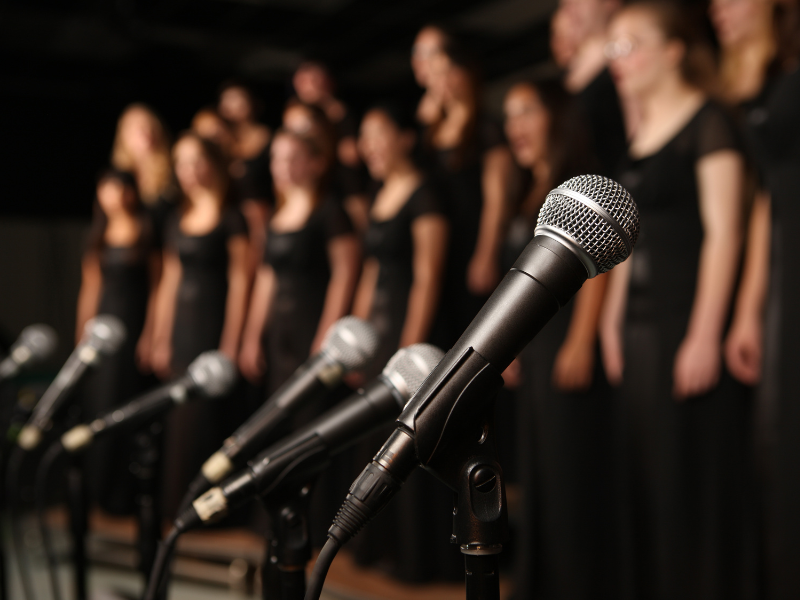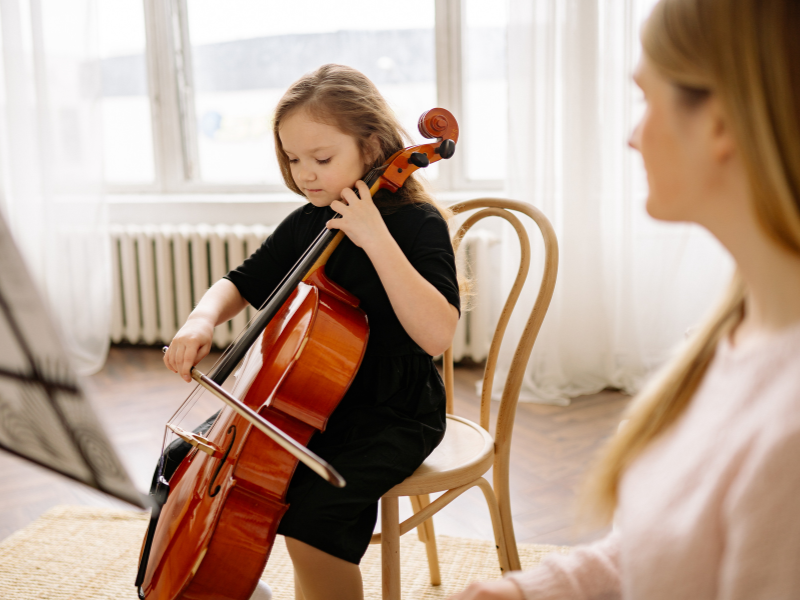
Research Updates

Here at Bigger Better Brains we believe that through educating yourself, you can then educate and affect positive change in your community.
With all of the research in the field of neuromusical science, our BBB Research section serves as a content hub for you. We regularly share findings and break down the latest research to educate and inspire discussion. We hope you enjoy this page on our website and share BBB news with your colleagues, parents and students.
Rhythm can predict risk of language disorders
Here is a fascinating new theoretical paper about the relationship between rhythm and language abilities. A theoretical study is one that brings together all the relevant current research and puts forward a theory of, in this case, how two concepts may be connected.
Dyslexia, beta waves and rhythm processing
Dyslexia, beta waves and rhythm processing – that is a mouthful of tricky words. But in this new study, they are all connected and could reveal new understandings about the brain mechanisms that cause dyslexia.
Can singing in a choir benefit you or your community?
Group singing scientifically strengthens a community! “You hear people say all the time, ‘Oh, I can’t sing’ or ‘I’m not good enough to sing,’ and I really think that’s a shame. It goes against our evolutionary history.”
People who move together like each other more
This could be why music festivals seem to be going from strength to strength, we are just finding ways to like each other more.
Could clapping along with the music at a school concert be a form of advocacy?
In this new documentary film from the LiveLab at McMaster University in Canada, PhD researcher Dana Swarbrick created an experiment to explore how audience participation changes the impact of a concert experience.
Musical activities improve social communication skills for autistic children
In this study at the University of Montreal, 51 children with ASD ages 6 to 12 were randomly assigned to participate in a clinical trial involving three months of either a music-based, or a play therapy intervention.
Make your brain more efficient
How efficiently is your brain working today? Music learning trains the brain to use fewer brain resources when compared with non-musically trained people (and in this case those who are also bilingual).
Get your dopamine flowing with music!
Most people enjoy listening to music, but some people do not. For some, music just does not do much; either emotionally or cognitively. Studies around how people experience music can help us understand the mechanisms behind the enjoyment of music.
How does our brain use rhythm to get back in sync?
It is hard to conceptualise that our brain waves can be in sync or out of sync. Yet this concept of brain wave synchronisation is fascinating to neuroscientists as they are finding that the more consistent the synchronisation, meaning the longer our brain waves can stay in sync, the more effectively we can learn.
Your Brain Will Thank You for Being a Musician!
One of BBB’s favourite researchers, Dr Patricia Izbicki, has done all the hard work for us and summarised the five great reasons why music learning is the childhood experience that just keeps on giving well into our later life.
Music is nature’s own little buzz
Ever wondered what that tingling sensation in your brain or on your scalp is called when you listen to music? We hadn’t wondered, but we feel better now that we know. It’s called the Autonomous Sensory Meridian Response (ASMR). We probably won’t remember that long name or the acronym but “head orgasm” is a term that won’t be forgotten.
Carnatic singing (a form of Indian music) enhances working memory
The location of neuromusical research tends to lend itself to the study of music learning through the Western Art Music genre. This has been useful when it comes to the ability to compare research study findings but not as useful when it comes to our understanding of the impact of non-Western Art Music genre on brain development.





















